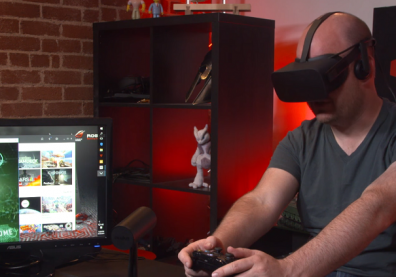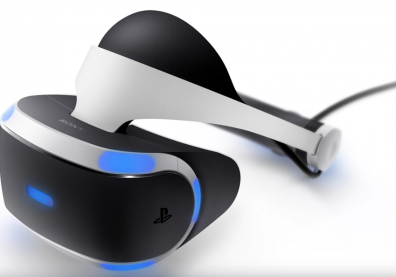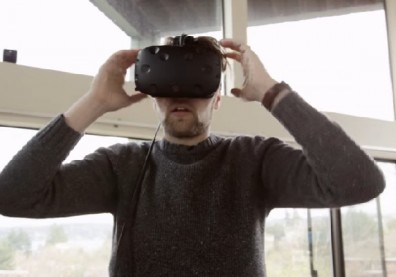With Sny formally announcing its own VR headset yesterday, Morpheus, and Microsoft rumored to be getting into the game as well, the Oculus Rift finally has some competition. Normally, two such industry heavyweights would be cause for concern for the smaller OR team, but while speaking with IGN, Nate Mitchell, Oculus VR's VP of Product seemed eager to see what the newcomers would be capable of.
"We are all about having more people involved in the VR space. The more developers excited about virtual reality and the bigger the audience is, the more likely they are to build VR content."
"So having a major player get behind virtual reality in a big way opens the door for more devs to build VR content. So, we're really hopeful that they do it right -- Anyone that's doing VR, the main thing is just do it right."
Mitchell's biggest fear isn't what Sony and Microsoft's foray into VR could do to the Rift, but rather, what an unsuccessful attempt could mean for VR as a whole.
"What we don't want is for someone to just rush an experience out the door and deliver something that's subpar, that isn't that holy grail. It's taking us a while to get there, so we suspect it's taking other people a while to get there too."
"So as long as everyone is delivering great VR at the end of the day, that's what's important. We don't want people to go try a Sony experience or something like that, have it be bad, and be turned off. That would be a huge loss for the industry, and I think that's what a lot of developers are scared about right now is 'what if someone delivers a subpar experience that kills VR once and for all?' We definitely don't want to let that happen."
As accomodating as Mitchell's words were, he still had a dog in the race in the Rift, and that's what he's backing, saying, "I think Oculus can definitely transcend the enthusiast space, absolutely. I think the quality of the VR experience, we're gonna deliver with the Oculus Rift. The consumer version is gona blow people away. And that's something you're not gonna be able to have anywhere else. It's gonna be this PC thing. The PC industry's moving so fast in terms of graphic cards and CPUs, and you won't be able to have that experience anywhere else."
"I think absolutely though, the two can co-exist, and we see it as potentially bringing more people into the VR ecosystem and getting more people excited. As long as virtual reality's momentum continues to build, and more developers are building VR content, that's alligned with our mission. We want consumer VR to succeed, that's why we started oculus, that's what we're trying to achieve."










